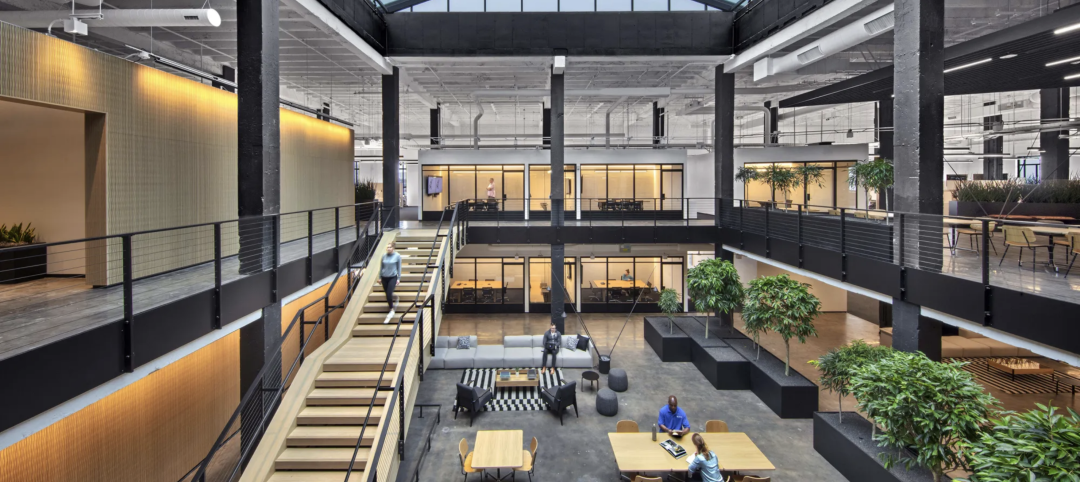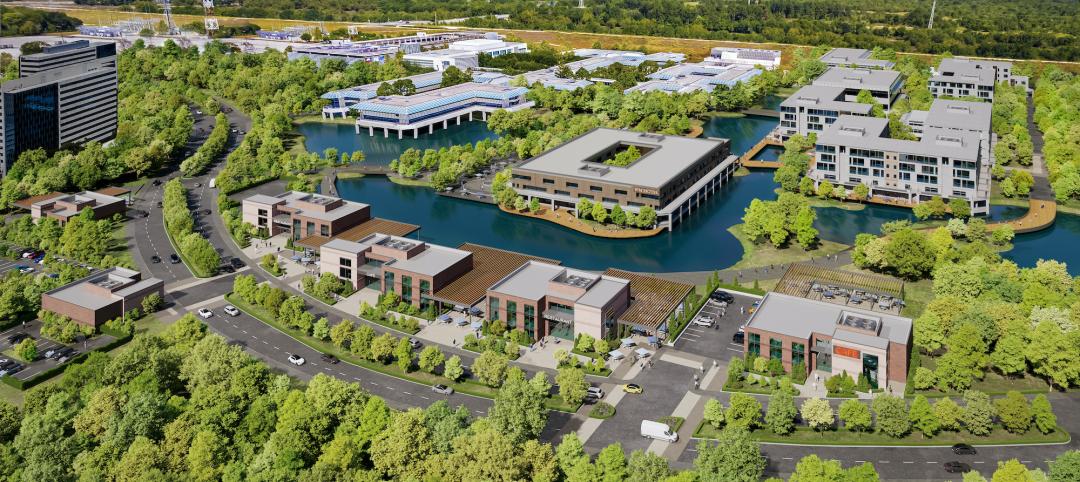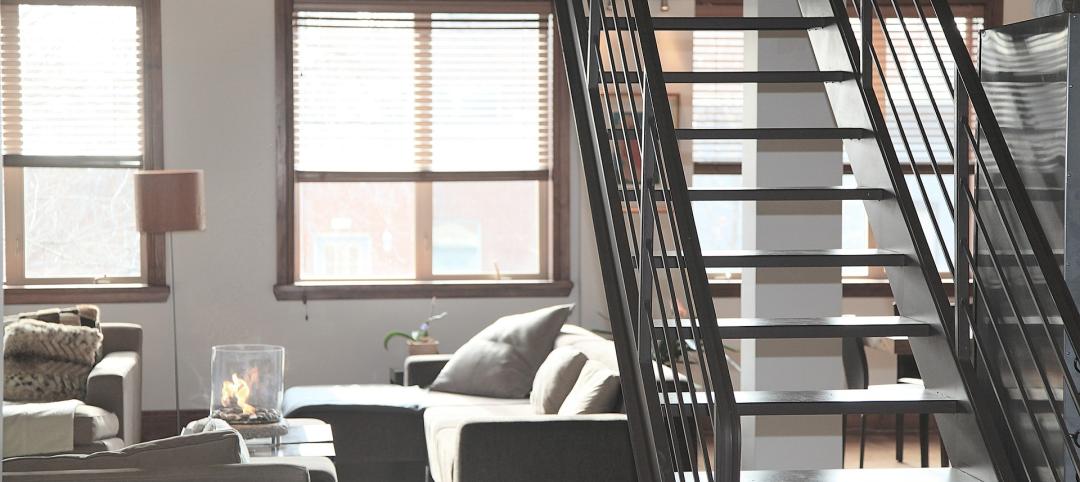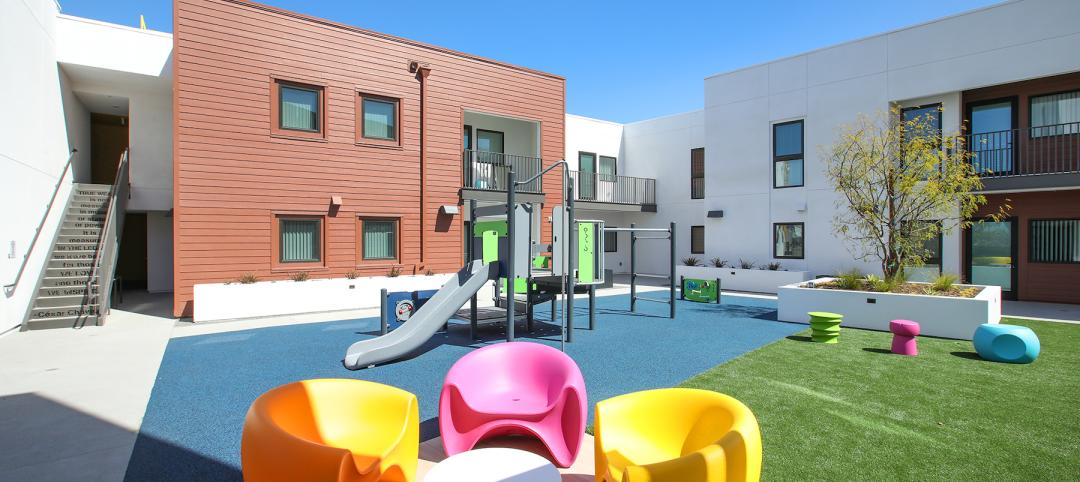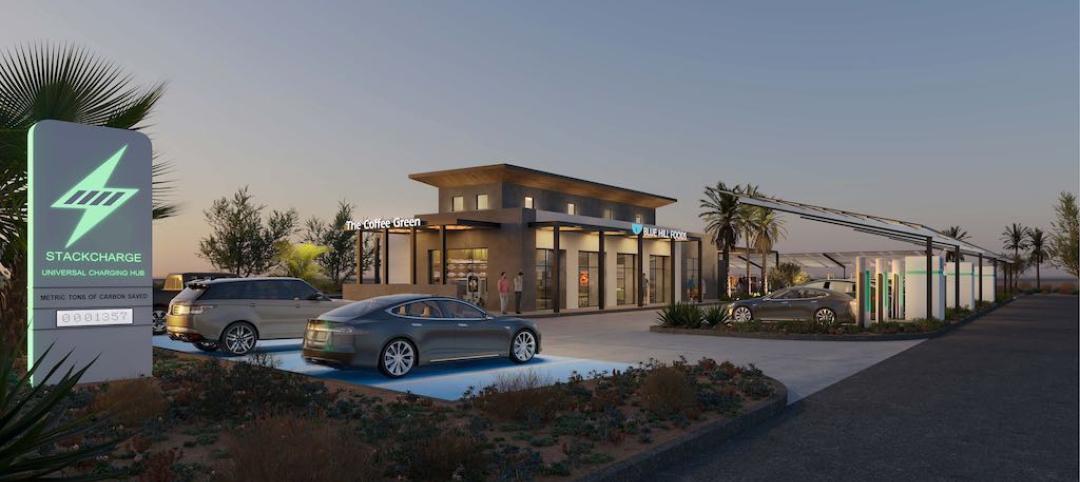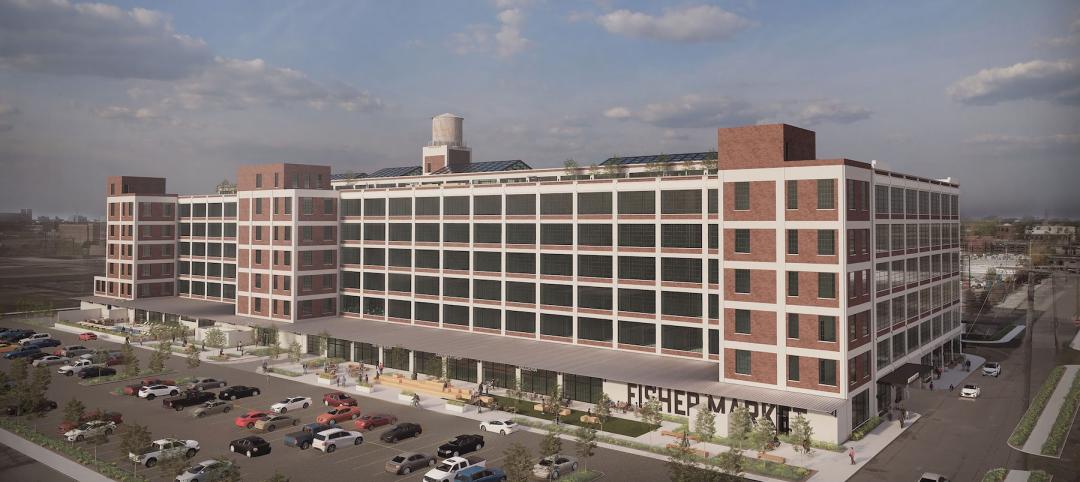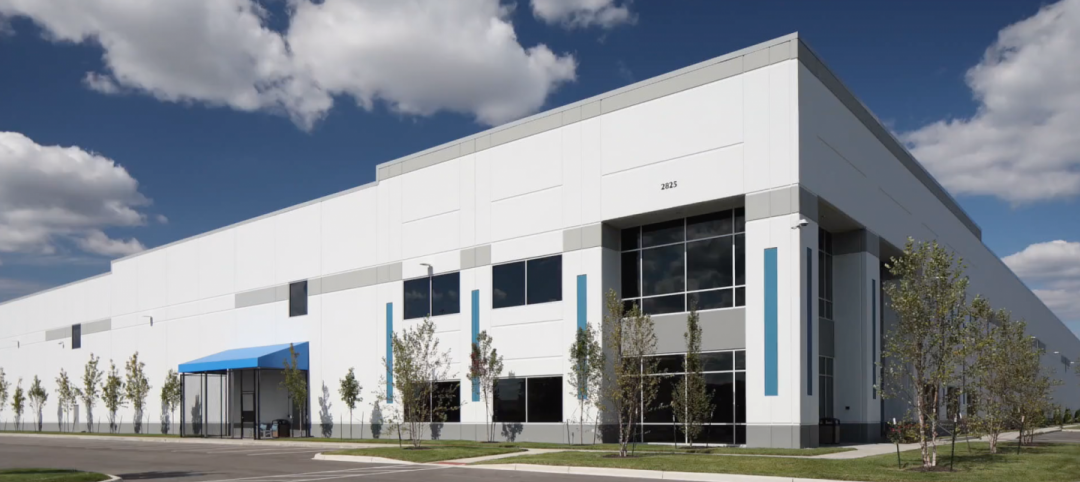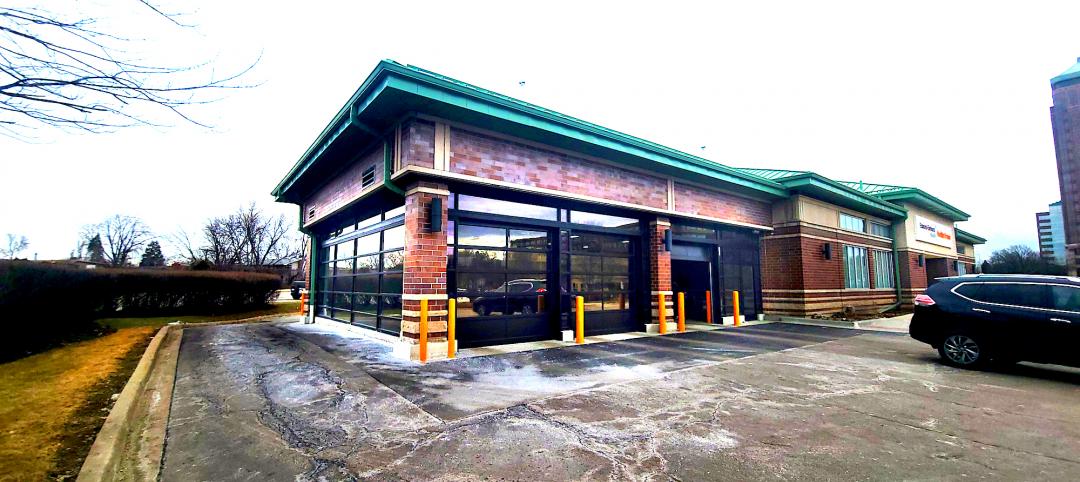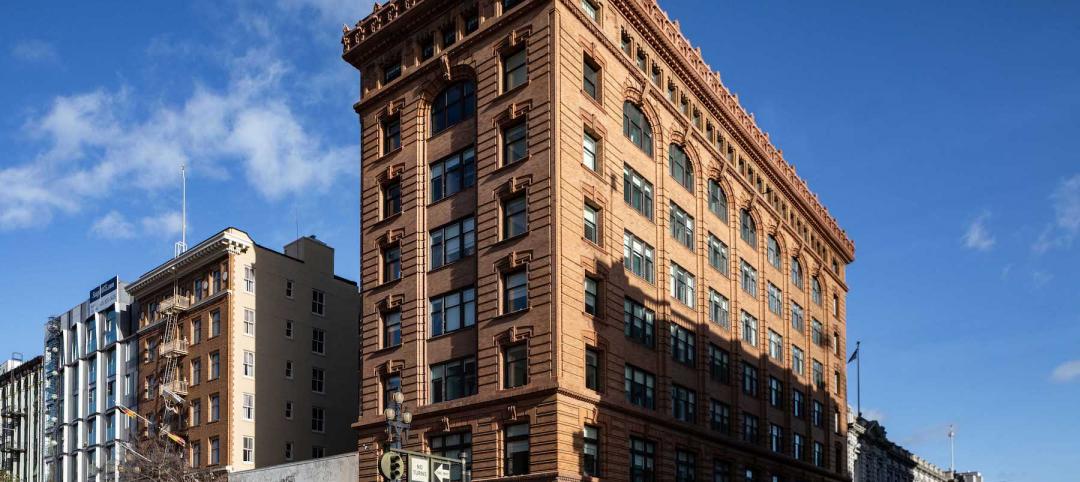There’s a national housing shortage, both market rate and affordable housing. At the same time there’s a large supply of empty office space and underutilized—and closed—hotels across the country. Owners and developers are increasingly examining the viability of commercial to residential conversions as a solution to both problems.
Hotels and office buildings present distinctly different factors to consider when evaluating the feasibility of potential residential conversion opportunities.
Issues with Hotel-to-Residential Conversions
Hotels have a distinct floorplan compared to office buildings that makes hotel-to-residential conversion more practical and less costly. Systems such as water and waste lines are already in place and can usually be relatively simple to modify them in converting a hotel building to apartments units. As a result, a hotel conversion project can be completed faster and at a lower cost than converting an office building to residential.
Hotel conversions are not without challenges. “While some underutilized hotels are located in city centers, other potential conversion candidates are in less desirable locations next to airports or off major highways far from residential communities—factors that can suppress the value and appeal of residential conversions,” said Chris Walker, Planning and Community Development Project Manager, Aufgang Architects.
These issues can be of less concern in converting hotels to affordable or supportive housing rather than market rate.
RELATED: Massachusetts launches program to spur office-to-residential conversions statewide
Walker was on the Aufgang team that designed the residential conversion of the 36 year old former JFK Airport Hilton Hotel in Queens, the first hotel-to-residential conversion in NYC.
The shuttered 350-key hotel was converted to the new Baisley Pond Park Residences, a 100% affordable, 318-unit multifamily building offering supportive services to low-income and formerly homeless families and individuals. The Baisley Pond Park Residences was developed by Slate Property Group and the nonprofit RiseBoro Community Partnership.
Issues with Office-to-Residential Conversions
Office buildings are usually located in city centers where many people work, with close access to public transportation, increasing their appeal as residential units, thus making them attractive to developers for conversion.
However, office-to-residential conversions often present design challenges that can be costly to address. Office buildings, despite large windows not commonly used in residential design, usually have deep footprints which deprive interior spaces of access to sunlight and outside air.
This can be overcome through innovative design, such as creating an open core or atrium through the height of the building. Also, elevators, stairways and systems such as water risers are usually centrally located in the cores of office buildings, requiring adding risers and lines to each new apartment unit, which increases conversion costs and lengthens construction time.
About Aufgang Architects
Established in 1971 Aufgang Architects is a certified New York City and New York State Minority Business Enterprise. In the past 22 years the firm has designed and consulted on more than 20 million sf of built space, including over 14,000 units of affordable housing.
Related Stories
Adaptive Reuse | Dec 9, 2022
What's old is new: Why you should consider adaptive reuse
While new construction allows for incredible levels of customization, there’s no denying that new buildings can have adverse impacts on the climate, budgets, schedules and even the cultural and historic fabrics of communities.
Mixed-Use | Dec 6, 2022
Houston developer plans to convert Kevin Roche-designed ConocoPhillips HQ to mixed-use destination
Houston-based Midway, a real estate investment, development, and management firm, plans to redevelop the former ConocoPhillips corporate headquarters site into a mixed-use destination called Watermark District at Woodcreek.
Multifamily Housing | Nov 29, 2022
Number of office-to-apartment conversion projects has jumped since start of pandemic
As remote work rose and demand for office space declined since the start of the Covid-19 pandemic, developers have found converting some offices to residential use to be an attractive option. Apartment conversions rose 25% in the two years since the start of the pandemic, with 28,000 new units converted from other property types, according to a report from RentCafe.
Multifamily Housing | Aug 17, 2022
California strip mall goes multifamily residential
Tiny Tim Plaza started out as a gas station and a dozen or so stores. Now it’s a thriving mixed-use community, minus the gas station.
Urban Planning | Jul 19, 2022
The EV charger station market is appealing to investors and developers, large and small
The latest entry, The StackCharge, is designed to make recharging time seem shorter.
Adaptive Reuse | May 18, 2022
An auto plant in Detroit to get a retread as mixed-use housing
Fisher 21 Lofts could be the largest minority-led redevelopment in the city’s history.
Industrial Facilities | Apr 1, 2022
Robust demand strains industrial space supply
JLL’s latest report finds a shift toward much larger buildings nearer urban centers, which fetch higher rents.
Healthcare Facilities | Mar 25, 2022
Health group converts bank building to drive-thru clinic
Edward-Elmhurst Health and JTS Architects had to get creative when turning an American Chartered Bank into a drive-thru clinic for outpatient testing and vaccinations.
Adaptive Reuse | Dec 16, 2021
An adaptive reuse of a historic building in San Francisco was worth the wait
A five-year-long project included extensive restoration.
Adaptive Reuse | Nov 1, 2021
CallisonRTKL explores converting decommissioned cruise ships for housing
The rapid increase in cruise ship decommissioning during the last 18 months has created a unique opportunity to innovate and adapt these large ships.




